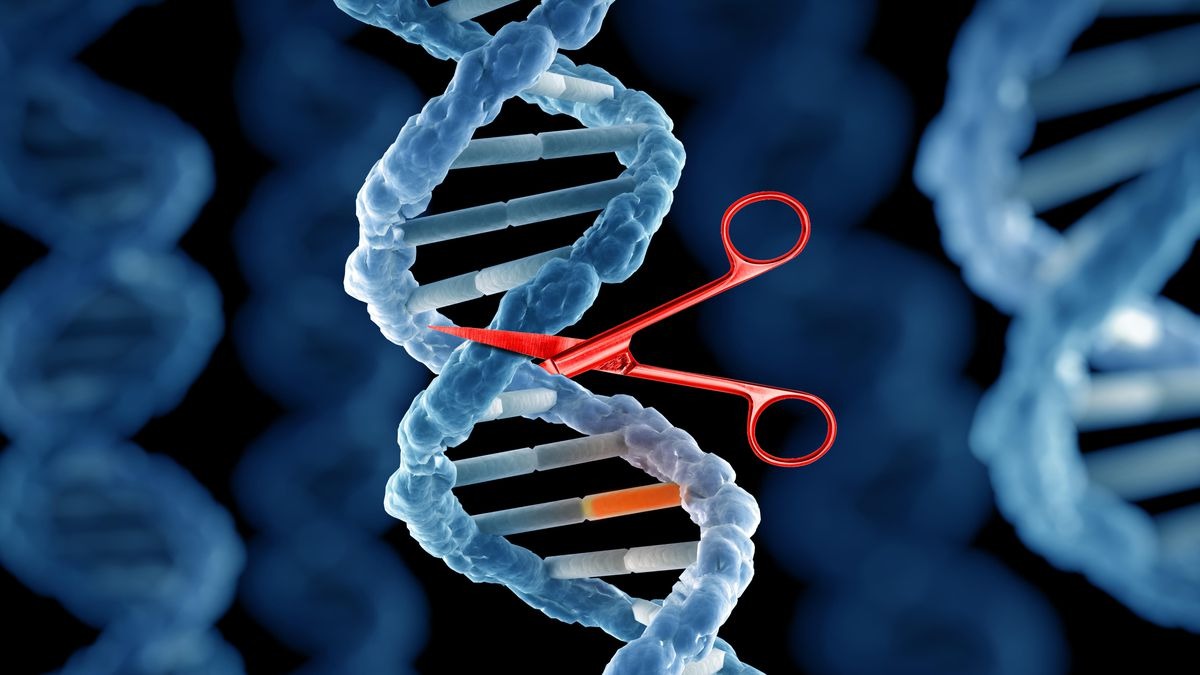A new publication from New York Genome Center researchers about Discovering Functions of Noncoding RNAs with a New CRISPR Method.
A recent study published in Cell has challenged the long-held belief that much of the human genome, which doesn’t encode proteins, is “junk.” Traditionally, it was thought that only the small portion of the genome that codes for proteins is important, while the rest had no function. However, this study reveals that a significant portion of noncoding RNAs—molecules that do not code for proteins—are in fact functional and essential for various cellular processes, including cancer development and human development.
Researchers from New York University (NYU) and the New York Genome Center used an innovative approach with CRISPR technology that targets RNA rather than DNA. This allowed them to systematically screen the human genome and identify nearly 800 noncoding RNAs that play crucial roles in the function of cells across different tissues.
The study, led by Neville Sanjana, an associate professor at NYU and a core faculty member at the New York Genome Center, sheds new light on the hidden complexity of the genome and the important roles of noncoding RNAs. This breakthrough highlights the potential of RNA-targeting CRISPR screens in uncovering previously overlooked functional elements within the genome, expanding our understanding of how these noncoding regions contribute to health, disease, and development.
About Neville Sanjana
Neville Sanjana is a prominent researcher in the fields of bioengineering, genomics, neuroscience, cancer biology, and systems biology. He is particularly known for his work in using advanced genetic technologies to understand complex biological systems, including human development and disease.

“This survey of functional noncoding RNAs advances our understanding of the human genome and demonstrates the potential of CRISPR screens that specifically target RNA—even those that don’t code for proteins” – Neville Sanjana about the research
Dr. Sanjana earned his Ph.D. in Brain and Cognitive Sciences from the Massachusetts Institute of Technology (MIT) in 2010. He also holds a B.S. in Symbolic Systems and a B.A. in English from Stanford University, both completed in 2001.
Currently, Dr. Sanjana serves as an Associate Professor of Biology at New York University (NYU) and as an Associate Professor of Neuroscience and Physiology at the NYU Grossman School of Medicine. He is also a core faculty member at the New York Genome Center.
About the Research
A more precise version of CRISPR, known as CRISPR-Cas13, is revolutionizing how researchers study and manipulate RNA. Unlike traditional CRISPR technologies, which use the enzyme Cas9 to edit DNA, CRISPR-Cas13 targets RNA directly without altering the underlying DNA. This approach allows for more precise modifications, avoiding unintended disruptions to protein-coding genes and regulatory elements.
Sanjana’s lab has demonstrated how this RNA-targeting CRISPR platform can be used to screen the entire transcriptome—the full set of RNA molecules transcribed from the genome. While sequencing technology has been used to read and identify RNA expression, it has remained a challenge to understand whether specific RNA molecules are actually required for cellular function.
The recent study using CRISPR-Cas13 to edit RNA has shown that many long noncoding RNAs (lncRNAs), previously considered “junk,” are actually essential for cellular function. Researchers systematically profiled nearly 6,200 gene pairs of lncRNAs and nearby protein-coding genes across five human cell lines, including kidney, leukemia, and breast cancer cells. By knocking down each lncRNA with CRISPR and observing the impact on cell function—such as whether cells died, stopped proliferating, or could tolerate the loss—the team identified 778 lncRNAs crucial for cell function.
The study found that 46 of these lncRNAs are universally essential across cell types, while 732 have functions specific to certain cell types. Unlike protein-coding genes, whose essentiality tends to be consistent across cell types, lncRNAs were more cell-type specific. Interestingly, most of the essential lncRNAs did not interact directly with the nearest protein-coding genes, challenging previous assumptions about how noncoding RNAs influence gene expression.
The researchers also discovered that essential lncRNAs are involved in regulating key pathways for cell proliferation, an essential process for human development and cancer. Many of these lncRNAs are highly expressed in early human development, with their expression decreasing as development progresses, indicating their critical role during developmental stages.
In an analysis of nearly 9,000 tumors, the study found altered expression of certain lncRNAs in specific cancers, with some associated with better or worse survival outcomes. This suggests that lncRNAs could serve as biomarkers and potential therapeutic targets for cancer treatment, offering opportunities for personalized medicine based on their cell-type specific expression.



